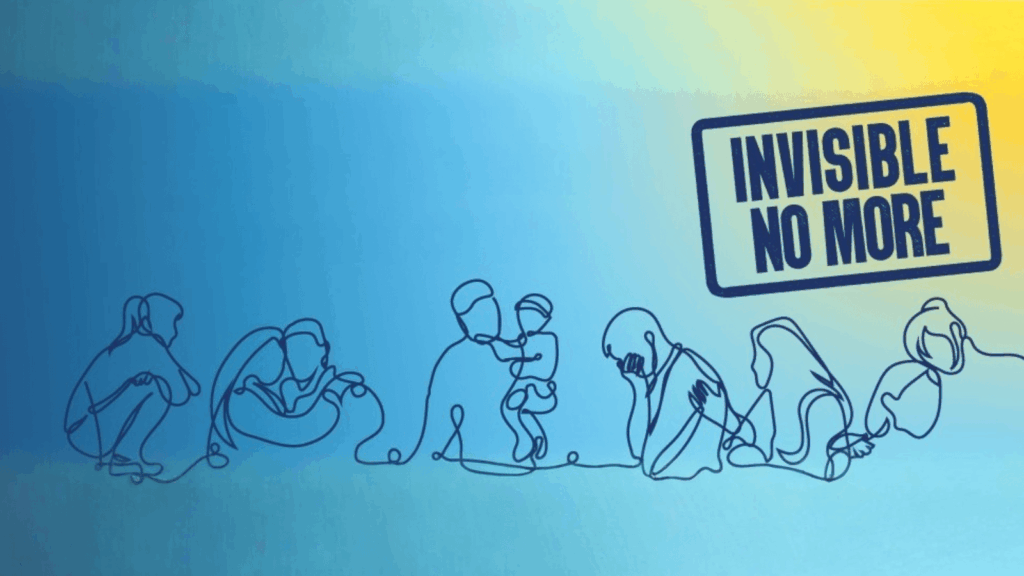11 Eurodiaconia members in attendance
On Tuesday September 23, Eurodiaconia and Caritas Europa published and presented our joint report entitled “Shaping the future of social and health care in Europe” at the European Parliament.
The event was hosted by MEPs Gabriele Bischoff and Martine Kemp, and attended by MEP Maria Georgiana Teodorescu along with representatives from 11 Eurodiaconia members. Additionally, Eleonore K Holmberg from our Swedish member Hela Människan presented her experience from the grassroots level in Sweden citing the importance of combining the efforts of public services and non-for-profit social service providers.
Report at a glance
Together, Eurodiaconia and Caritas Europa carried out a survey among our membership to better understand their perception and implications of the current environment and future developments. Our members, who are social service and healthcare providers, as well as churches, responded to 10 key questions exploring their biggest challenges, pressing needs, and recommendations for building resilient, future-proof social services.
The 20 participating members are spread across the EU, from Sweden to Malta and from Portugal to Latvia. They represent both large national social service providers and smaller regional and local networks. Their voices form the backbone of this report, offering valuable testimonies from across the Union. The findings shed light not only on the difficulties our members face, but also on the challenges experienced by Europeans, especially those living in poverty, experiencing social exclusion, or navigating vulnerable situations.
Social service providers the conduit
Social service providers play a fundamental role in this context. They are the link between people in vulnerable situations and policymakers at local, regional, national, and European levels. This is why we urge decision-makers to recognise their grassroots experience as an essential source of expertise. To design effective policies that reduce poverty in a sustainable way, their involvement in policymaking must be meaningful and systematic, particularly, but not only, in shaping and implementing national anti-poverty plans related to the European strategy.
“Not-for-profit social service providers are stepping in everyday to support people in need, families experiencing poverty, and communities in distress. However, despite their efforts and hard work, they are facing challenges themselves” –
Annika Sparrer, Eurodiaconia Policy &
Membership Development Officer
The report therefore highlights significant difficulties that directly affect the well-working and sustainability of social services. While some challenges differ, depending on the local and national context, some challenges were reported by nearly all of our members: work force, transitions, and – most importantly – funding.



